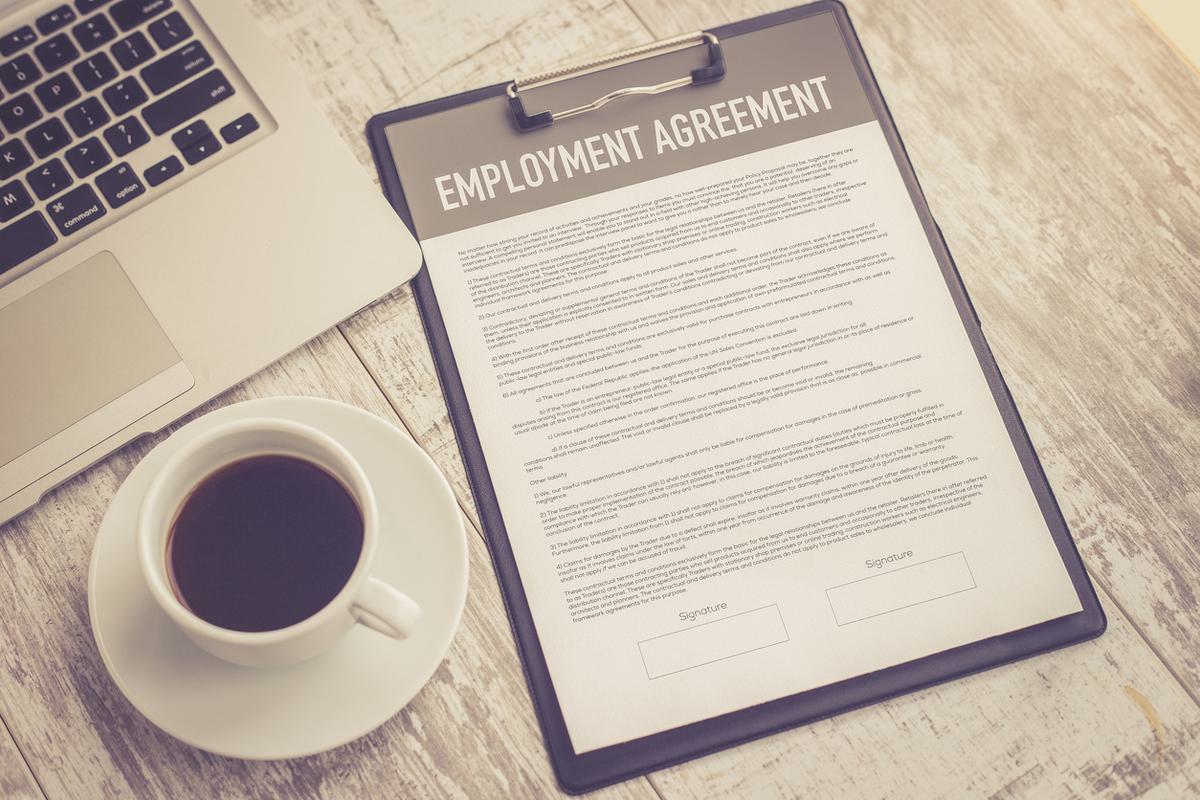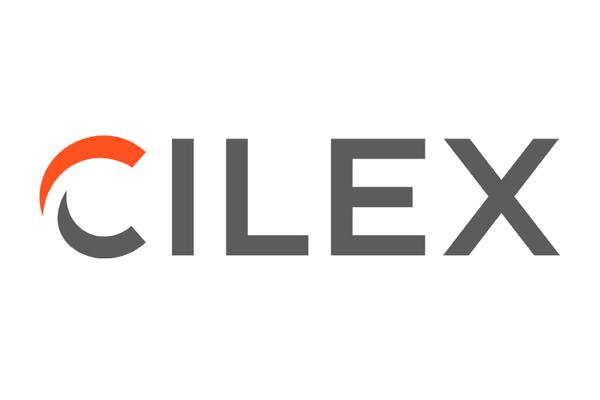
Enforcement agents: employed or self-employed?

Self-employed agents
Clearly, there are benefits to both the self-employed enforcement agents and the agency engaging them. The agent is their own boss, can manage the work as and when they see fit and, depending on the agreed percentage of fees retained or billed for, can earn not insignificant sums. Those enforcement agents who operate as [small] limited companies can obtain further financial benefits by earning from dividend and gaining entrepreneurial tax relief.
On the down side, the self-employed enforcement agent has to provide and expense their own vehicle, insurances, bond and other necessary equipment and has no guarantee of work at all.
The agency has the benefit of an arm’s length arrangement and only pays for the successful execution of warrants. It does not have to provide on-going training, welfare, insurance or pay NI contributions (or for unsuccessful cases) and can utilise the enforcement agents as fluctuating workloads demand, however they may be at risk of falling under IR35 legislation.
Employed agents
The employer naturally has all the financial, legal and moral obligations of any employer and, having invested considerably in the training and welfare of the EA, must protect that investment by ensuring the EA is fully productive and closely managed.
The agency is fully accountable for the EA's actions and where a fluctuating [corporate] workload impacts on available work, the EA must still be paid.
Client considerations
When engaging an enforcement agency, a local authority or other corporate body wants to know that the warrants being executed in its name are being executed by the company/agency it has contracted to do so. The self-employed EA will, of course, have the basic qualification to have obtained an enforcement agent’s certificate and is legally able to undertake the work. But, if things go wrong, who is liable?
In Kafagi v JBW Group Ltd [2018] EWCA Civ 115], the Court of Appeal ruled that because of the regulatory regime in Taking Control of Goods and the structure of the relationship between the enforcement agency and the self-employed EA, the agency was not vicariously liable for the acts of its self-employed EAs.
Indeed, Lord Justice Singh agreed with the Agency’s defence that the self-employed EA was at liberty to conduct the collection of a debt in whatever legal manner they saw fit, without control from the Agency, could cherry-pick’ the work they wanted to do and could share that work with another person (even though that other person may not be known to the Agency).
This clearly raises questions of corporate accountability and perhaps compliance with GDPR which is not the case with Excel’s salaried enforcement staff.
The position at Excel
At Excel, we have never used self-employed enforcement agents (EAs), preferring instead to recruit, vet, train and deploy salaried (PAYE) EAs. We make considerable investment in their training which results in a skilled, confident, competent and loyal workforce with maximum productivity and staff retention.
We also provide fully expensed vehicles, all necessary equipment, protective clothing and insurances as well as ongoing training and career development.
It is thought that the majority of enforcement agents operating in the sector are self-employed independent contractors who act on behalf of enforcement agencies and can, of course, work for more than one agency. Many of these self-employed EAs establish themselves as limited companies and might, therefore, be classed as sub-contractors.




